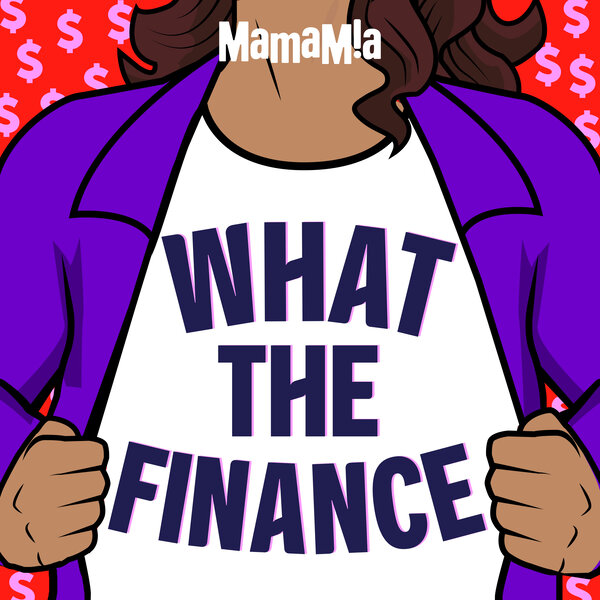Amid sky rocketing house prices in Sydney and Melbourne, record low interest rates, and a tax system that works in favour of investors – those who entered the housing market at the right time are reaping the benefits.
But after 25 years of unprecedented economic growth in Australia, are we still in a boom or are we blinded by a state of euphoria?
House prices have become prohibitively high in our major capital cities, making the dream of home ownership increasingly out of reach, especially for the young.
Figures in the recent Household, Income and Labour Dynamics in Australia (HILDA) survey revealed a steep drop in home ownership amongst people under 40 from almost 36 per cent in 2001 to just 25 per cent in 2015.
Dr Greg Schwann, Associate Professor of Finance at the University of Melbourne and an expert in housing and mortgages, says many crucial factors have led to the prohibitively high prices that are now locking out first home buyers.
“Australian cities are growing rapidly, more than any other cities in the world,” says Dr Schwann.
“Combine that with historically low interest rates, a growth in incomes, and immigration flows from rural and regional areas – and you have a huge boost in demand for dwellings in capital cities.”
Australia’s “bricks and mortar fixation”
Dr Schwann says the demand for housing is exacerbated by Australia’s “bricks and mortar fixation”.
“It’s the cultural idea around owning a home – which the Australian taxation system incentivises,” he explains. These tax incentives include negative gearing and capital gains tax concessions.































































































